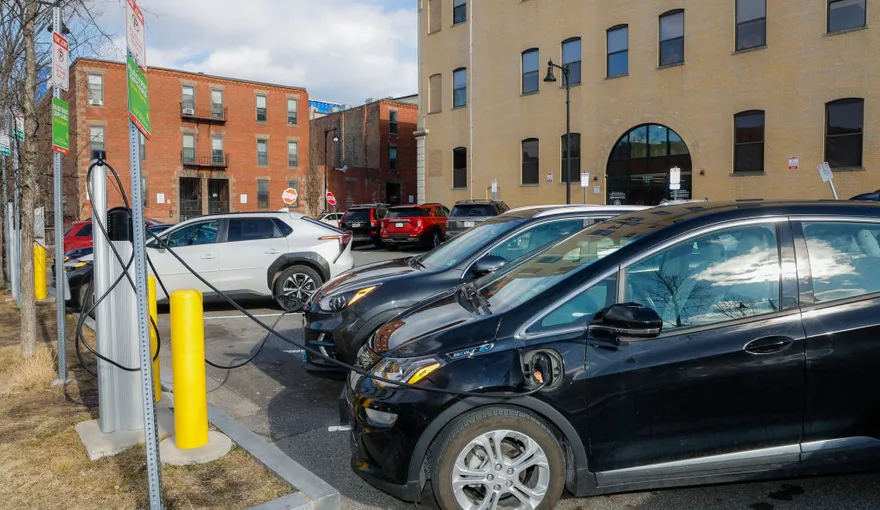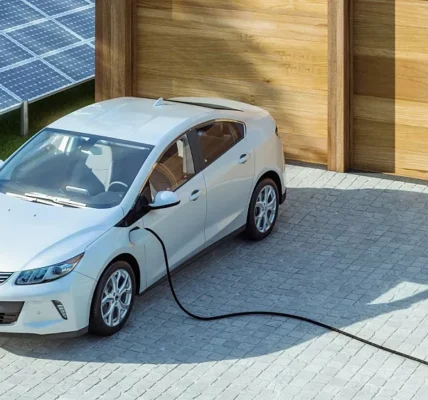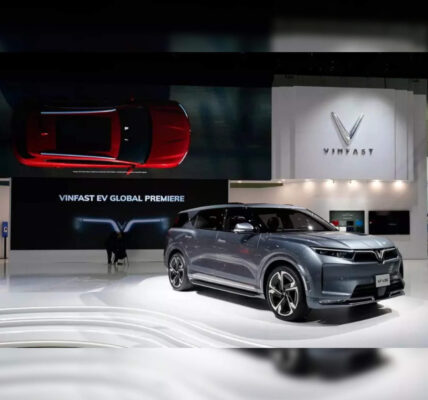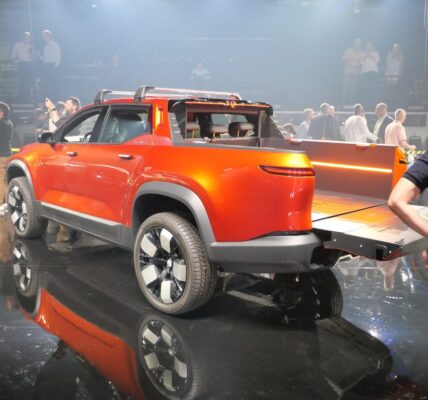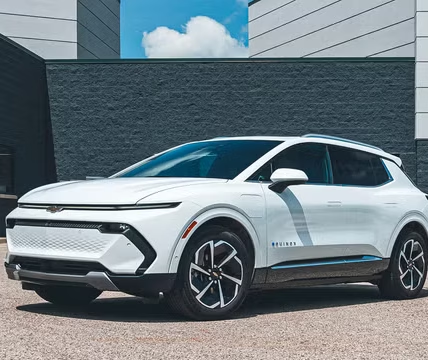Tesla is still by far the biggest name in U.S. electric vehicles, but its sales are slipping amid competition and blowback to Elon Musk’s political antics.
For years, Tesla has been the defining EV brand in not only the U.S. but the world.
That’s changing. The company’s iron grip on the U.S. EV sector began to loosen back in 2023 as competition picked up. As of the first quarter of this year, amid CEO Elon Musk’s controversial political activities, its market share has dropped to a new low.
Several analysts have dinged its aging vehicle lineup, which hasn’t been updated in years aside from the love-it-or-hate-it Cybertruck. Meanwhile, the number of EV models available in the U.S. has risen dramatically. In 2012, consumers had fewer than 20 options to choose from. Today, that figure is close to 130, per International Council on Clean Transportation data.
Over the last year or so, Musk’s public persona has also hurt sales. The CEO’s exploits as the head of President Donald Trump’s Department of Government Efficiency and his fixation on controversial social issues have sparked an anti-Tesla movement in the U.S. and abroad. Reluctant Tesla owners are slapping anti-Musk bumper stickers on their cars. It’s a key reason why the brand saw its U.S. sales fall by 9% year-over-year in the first quarter of 2025, analysts say, and Musk himself admitted on an April earnings call that the firm faced “blowback” for his ties to Trump.
Tesla’s slump isn’t limited to the U.S. market. In Germany and in the U.K., sales plummeted a respective 46% and 62% year-over-year in April. China’s BYD has now sold more EVs than Tesla for two quarters in a row, surpassing the company as the world’s leading manufacturer of EVs.
Still, Tesla’s lead in the U.S. remains significant. No individual brand has gained that much ground on it — instead, the market has become hypercompetitive. The next-biggest EV sellers in the U.S. are General Motors, Ford, and Hyundai Motor Group, which owns Hyundai, Kia, and Genesis, but none come close to Tesla’s Q1 market share of nearly 44%.
Tesla is not the only EV maker facing an uncertain future.
Republicans in Congress and President Trump are working to remove incentives that make it cheaper for consumers to buy EVs. Meanwhile, Trump’s tariffs are driving up the costs of key EV inputs imported from abroad, like batteries, which is disrupting production and leading to higher prices for consumers who are already put off by the up-front cost of EVs. The Trump administration is also trying to stop a Biden-era program that directs billions of dollars to states to build out public EV charging stations.
In other words, the entire industry may be in for a rocky ride.


